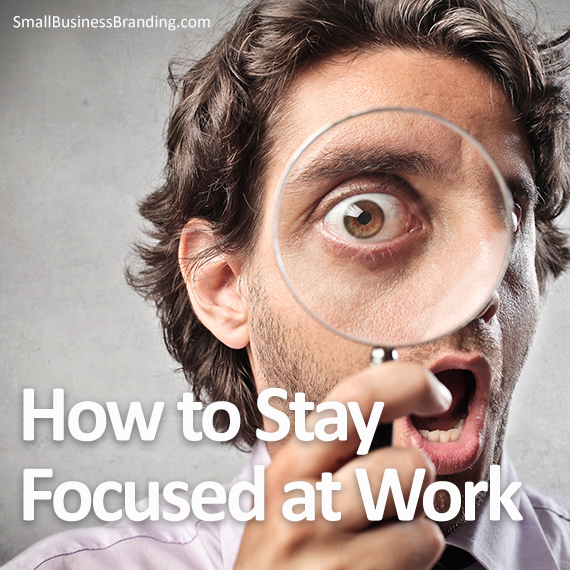

So it’s only logical that scientists have wondered how an exercise session affects vaccine response in general. While there are no actual quick “immune boosters,” moderate exercise does help your immune system function properly, as SELF has reported previously. Moderate exercise shouldn’t harm your vaccine response-and experts are even looking into whether it may help it.

Say, for instance, you come in contact with SARS-CoV-2, the virus that causes COVID-19, after you’re fully vaccinated: Thanks to the vaccine, those memory cells should mobilize at the first sign of infection and quickly produce antibodies to fight the virus.īut what does this whole process mean for your exercise routine? Can working out impact this all-important vaccination? And then, what about what comes after? Here’s what you need to know about exercising and your COVID-19 vaccination. It’s this immune response that can make you feel a little icky in the hours or days following your vaccine.Įventually your body will develop memory cells known as T-lymphocytes, a type of white blood cell that protects you from future infection. In an attempt to banish the antigen “invaders,” your immune system springs into action, releasing white blood cells and other tools. These potential reactions are simply a byproduct of how vaccines work: Vaccines contain foreign substances called antigens specific to the infection you’re trying to prevent, Dr. an infectious disease specialist at the University of Cincinnati College of Medicine, tells SELF that individual reactions to the vaccine can be as disparate as a symphony is from a grunge festival, ranging from no reaction at all to being stuck in bed with flu-like symptoms for a few days as your body builds up protection to this dangerous virus. Side effects aren’t the same for everyone across the board, though. According to the Centers for Disease Control and Prevention, potential side effects of the vaccines include pain, redness, and swelling at the vaccine site, as well as systemic reactions such as fatigue, headache, muscle pain, chills, fever, and nausea. You can read more about why it’s difficult to directly compare these numbers here.) But like all medical treatments or drugs, they can come with some side effects. This doesn’t mean the Johnson & Johnson vaccine is automatically a terrible option. (Moderna is 94% effective at preventing lab-confirmed COVID-19, Pfizer is 95%, and Johnson & Johnson is 66%-and all have even greater efficacy against serious disease or death. There are three COVID-19 vaccines authorized for emergency use in the U.S., and all are effective at fighting COVID-19. Take working out, for instance: Maybe you’re wondering about exercise and the COVID-19 vaccines-and whether your exercise habits can influence your reaction to the shot. Although it’s clear the vaccines offer great protection against COVID-19, you still may have some questions about how they’ll affect your everyday life. who’s 16 and older is eligible for a COVID-19 vaccine. You don’t need to work out for half an hour at the gym for your morning activity to “count.We’ve finally reached the point where everyone in the U.S. Remember, doing something is better than doing nothing.

Doing 10 jumping jacks while your shower is heating up.You’ll be more likely to stick with your routine if you pick an activity you enjoy. Exercises for the morningĪs long as you’re exercising, it doesn’t matter what you’re doing. Give your body time to adjust to the changes you’re demanding of yourself. Or, you may need to start by practicing waking up early. It might help to start by doing it one or two days a week, then slowly building from that. Like all other regimens, establishing a morning workout routine will take time, dedication and intention. Don’t get discouraged if you stray from your routine or have difficulty getting out of bed. One study from the European Journal of Social Psychology found that it takes 66 days on average to establish a habit. Going to bed earlier and eating a good breakfast are two key components. If you want to start exercising in the morning, you might have to make some lifestyle adjustments. Besides burning calories, working out in the morning can also: Benefits of exercising in the morningĮxercising in the morning has more health benefits than the obvious ones. Doing a short 15-minute or half-hour workout before work or school can give you a boost of energy to last you into the afternoon. Start your day off right with a quick morning workout.


 0 kommentar(er)
0 kommentar(er)
